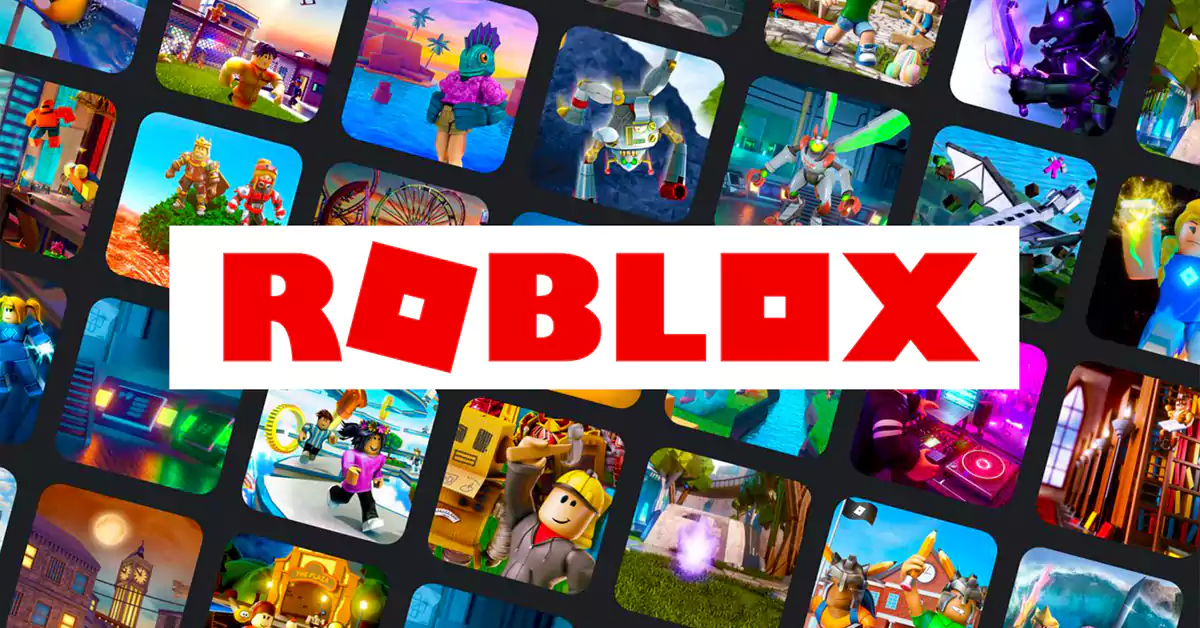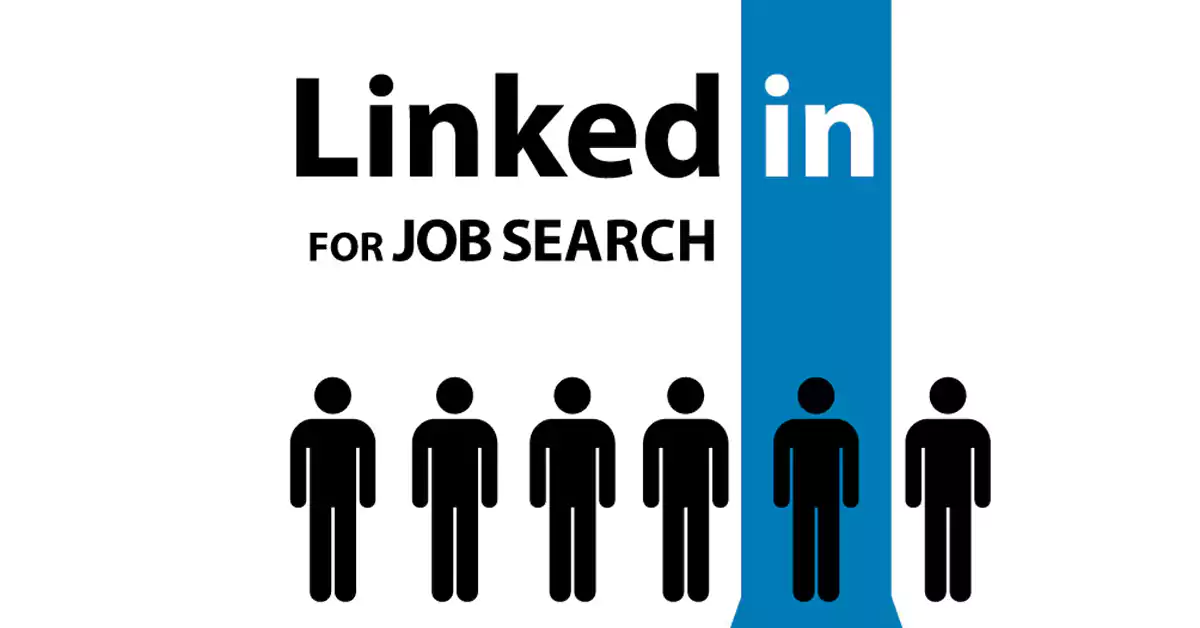It is pretty common to come across the terms “job,” and “career” used interchangeably to mean the same thing, but they are different.
It can be very tricky to tell these two points apart. Still, with this article’s assistance, you will find out it most certainly is achievable, and understanding these diverse concepts will enlighten you and aid you in structuring your professional goals.
To gain a proper understanding of the differences between these concepts, we should understand what they each mean. This accessible guide provides information to help you answer the following questions:
- What is a job?
- What is a career?
- What are the differences between a job and a career?
- What do you have, a career or a job?
- How do jobs affect your career?
What Is A Job?
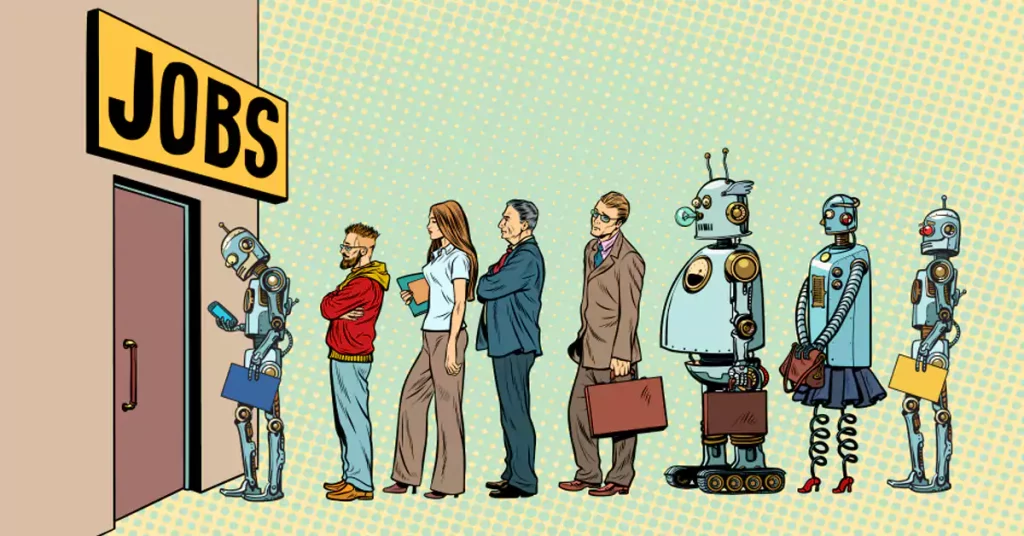
The Oxford dictionary defines a job as a paid position of regular employment or a task or piece of work, especially paid.
It can also be a task done as part of the routine of one’s occupation for an agreed price.
A job is a specific set of tasks you perform within a timeframe to get paid.
A job may be full-time, part-time, or short-term, meaning that it is a short-term endeavor structured around a time frame in which you perform the necessary tasks and get paid.
A job is task-oriented, provides compensation, can be listed on your resume as part of individual experiences, and demonstrates work experience.
We are going to point out some examples of jobs that will be revisited later in this article to explain further how a job is different from a career.
These examples are makeup artists, secondary school teachers, certified nurse assistants, HR officers, agricultural consultants e.t.c
What Is A Career?

The term career is referred to as a long-term professional journey that enables us to achieve our professional goals.
It is also viewed as an occupation undertaken for a significant period of a person’s life that provides opportunities for progress.
A career involves a series of industry-related jobs, and these include the following examples; cosmetology career(makeup artists, nail technicians, beauty therapists), education(headteacher, school administrator, secondary school teacher), nursing (certified nurse, acute nurse assistant, emergency nurse), human resource management(HR officer, HR consultant), agriculture(agricultural consultant, horticulture specialist, farm manager) e.t.c
As mentioned earlier, we can see that these jobs are embodied in a broader career, emphasizing that a career consists of industry-related jobs required to achieve professional goals.
What Are The Differences Between A Job And A Career
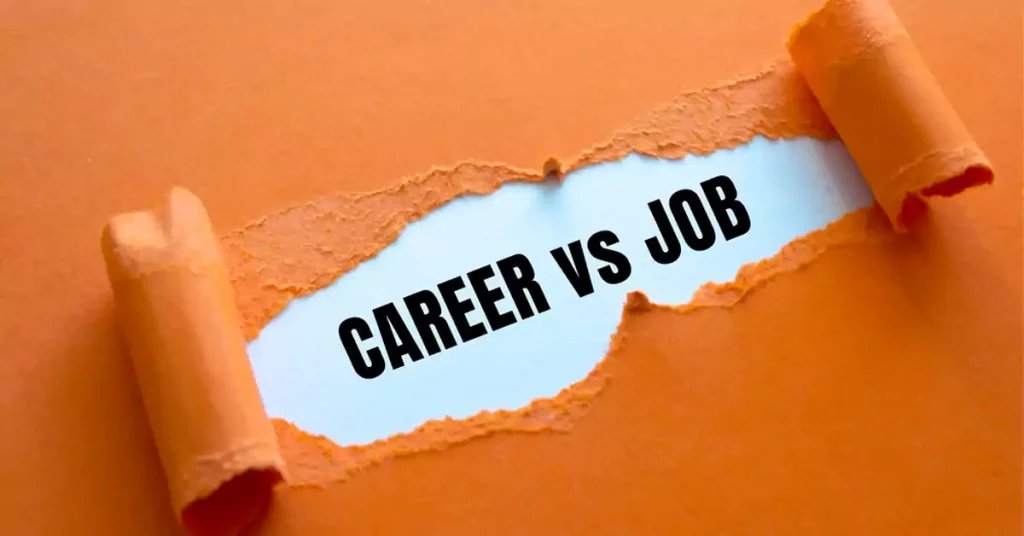
- The significant difference between a job and a career is that a job is usually a single instance where you get paid to complete a combination of tasks. In contrast, a career combines jobs, acquired skills, professional networking, and relevant experiences to excel in the industry.
- Jobs are usually short-term pursuits, while a career is a long-term pursuit. It is normal to work several jobs in your chosen industry over time that you progress through during building your career, which on the other hand, could last a lifetime.
- The main drive is making money, whereas passion and fulfillment drive a career. People take up jobs for different reasons, but a significant factor usually at the center is money. On the other hand,
- A job relates to a single period of employment with an employer, whereas a career spans multiple positions with different employers.
- A job may or may not require education or special training. In contrast, a career usually requires exceptional learning that includes individualized components that develop abilities beyond what training is capable of doing.
- The reward for a job is usually a wage or salary, while the tips for a career could include salary, pension, healthcare, bonuses, career satisfaction, holiday, and sick pay.
By recognizing a job or series of jobs as an integral part of your career path and its development, you can fuel your professional ambition and adopt a forward-thinking attitude.
What Do You Have, A Career Or A Job?
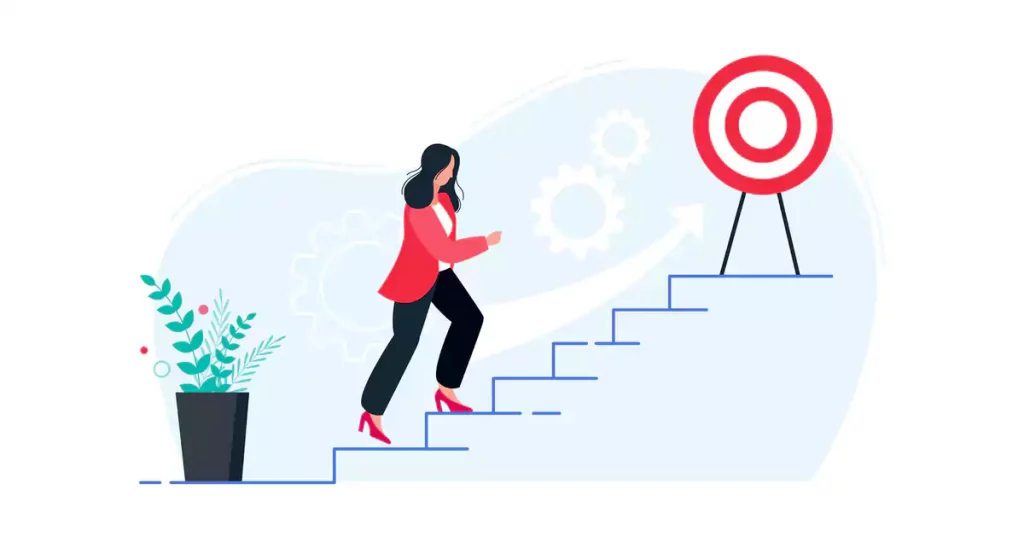
Neither a career nor a job is more important; the one you choose will be based on your needs, age, qualifications, and more. It is important to note sometimes you can take on several jobs to stay afloat financially, find your feet and reconcile your passion before you commit to building a career.
It is also essential to understand that if you’re at the beginning of your career, you should try not to get stuck doing a particular job for monetary gains alone.
Building a career entails a lot of work and takes commitment, but it is more rewarding financially and, in the long run, helps you develop your leadership skills, and positions you more as an industry leader than a job.
You can take an active interest in auditing your professional life and ultimately make necessary changes if needed.
How Do Jobs Affect Your Career?

In the pursuit of achieving your long-term professional goals and ambitions, you are very likely to go through a series of industry-related jobs which eventually make up your career. It is essential to know how these jobs affect your career across the board.
Below are three ways your jobs could impact your career:
- Acquisition of new skills: if you are looking to build a career in a particular industry, it is advisable to take up jobs that are related to that industry to build up work experience which will teach you new skills that will promote your skillset and help you advance in your career in the long run.
- Professional networking: These are interactions and relationships of a business nature. You’ll likely gain access to several job opportunities through them that many other job-seekers might never even get to hear about.
- Earning a reputation: In the course of working jobs in a particular field, you have the opportunity to build a solid positive reputation which will attract ideal clients and boost your resume.
Conclusion
The main factor that clearly differentiates a career from a job virtually goes down to your disposition and whether you’re working solely for money or for other benefits such as a sense of identity, passion, or work that approximates your personality type.
Identifying the difference between a job and a career is key to figuring out the path you want to take to achieve your short-term or long-term professional goals, the requirements to achieve these goals, and the benefits.




